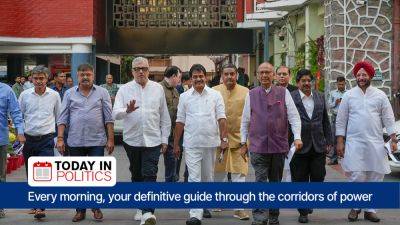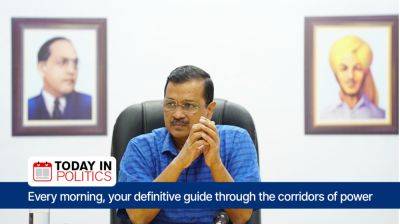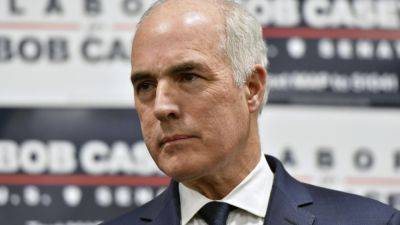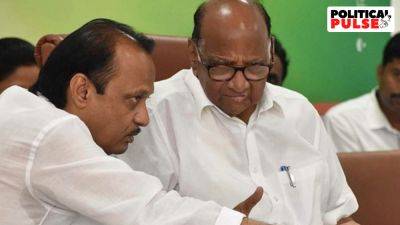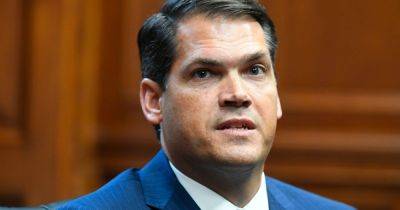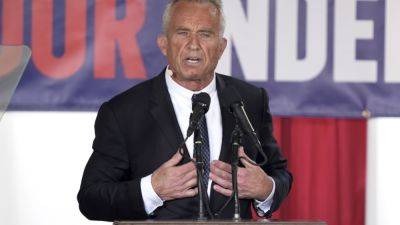Decode Politics: The 1998 bribery case the SC ruled on and why Narasimha Rao faced a no-trust vote
The Supreme Court on Monday overruled its 1998 judgment that gave legislators immunity from prosecution for accepting bribes to make a speech or cast a vote in Parliament state legislatures.
“The judgment of the majority in Narasimha Rao (case) which grants immunity to legislators has a grave danger and thus overruled,” said a seven-judge Bench led by Chief Justice of India D Y Chandrachud.
In a 3:2 majority judgment, a five-judge Bench in the P V Narasimha Rao v State (CBI/SPE) held that legislators enjoy immunity from criminal prosecution for bribery in matters connected to their speech and votes in Parliament and Legislative Assemblies as per Article 105(2) — which deals with the powers, privileges, of the Houses of Parliament — and Article 194(2) of the Constitution that says no parliamentarian can be liable to “any proceedings in any court in respect of anything said or any vote given by him in the Legislature”.
The 1991 Lok Sabha elections were held under the shadow of former Prime Minister Rajiv Gandhi’s assassination. Having lost power in 1989 under the Bofors scam cloud, the Congress scraped through in the 1991 elections. It emerged as the single-largest party, winning 232 of the 487 seats it contested, falling well short of the majority mark of 272. P V Narasimha Rao then became the party’s surprise choice to become the Prime Minister, heading a minority government.
Challenges marked Rao’s tenure, the biggest being the economic crisis that threatened the macroeconomic stability of the country. The 1991 economic liberalisation moves were taken under Rao’s tenure. But the country was also changing rapidly on the political front because of the Ramjanmabhoomi movement, which led to the demolition of the Babri Masjid on


